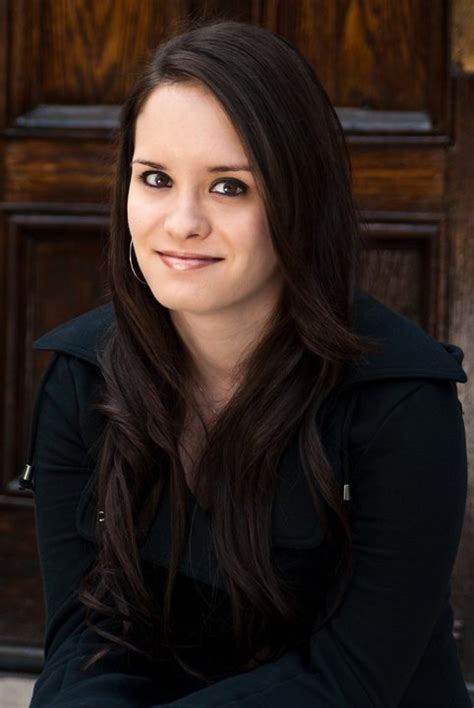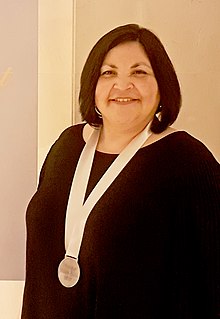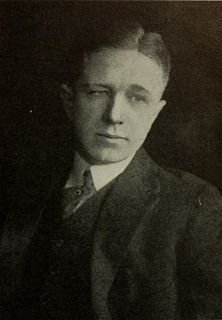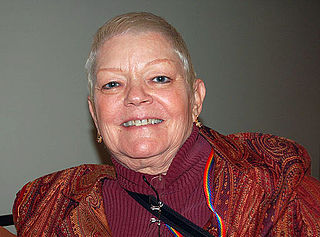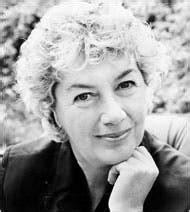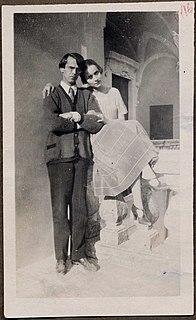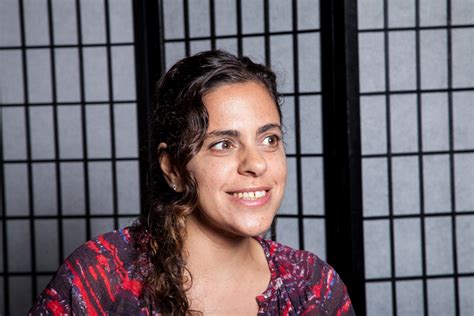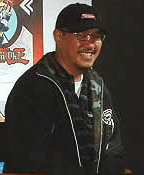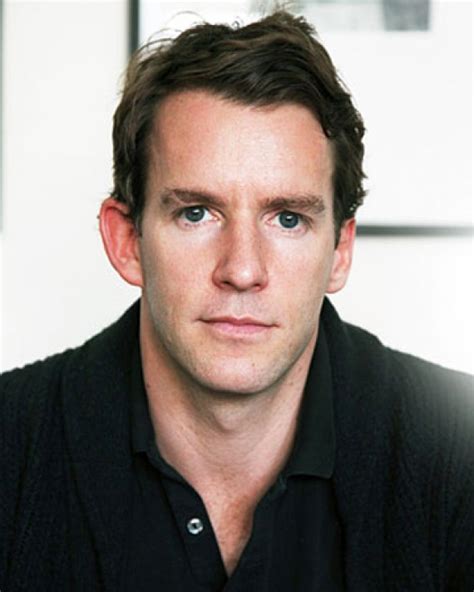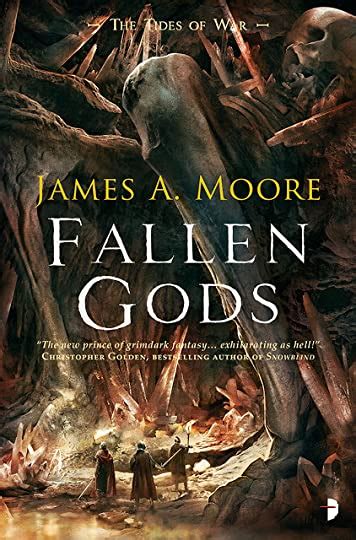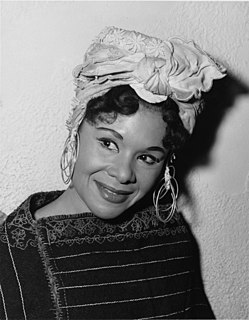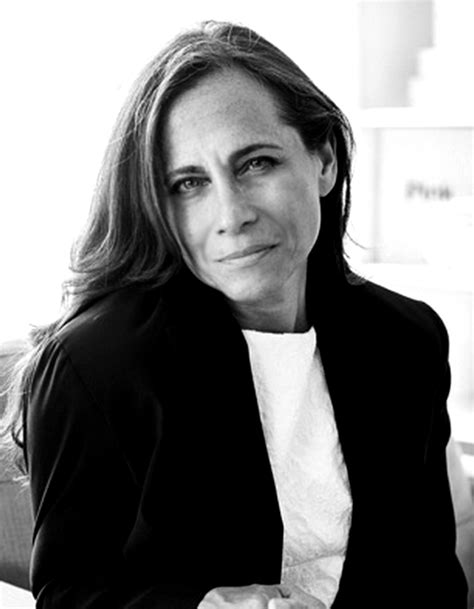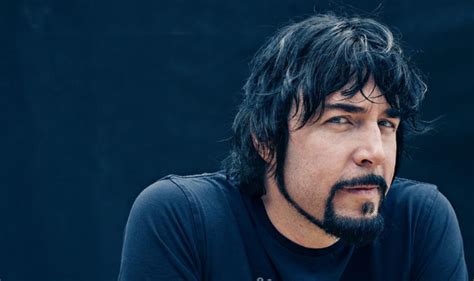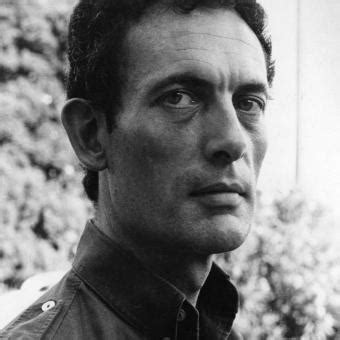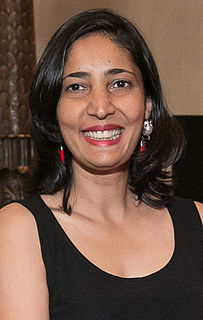Top 233 Manuscript Quotes & Sayings - Page 3
Explore popular Manuscript quotes.
Last updated on December 19, 2024.
All writing seems to me worse in the state of proof than in any other form. In manuscript one's own wisdom is rather remarkable to one, but in proof it has the effect of one's private furniture repeated in the shop windows. And then there is the sense that the worst errors will go to press unnoticed!
So far, I've never missed a deadline for a term paper, a review, a manuscript. I perform the mumbo-jumbo of voting with belief in my heart, I've not yet won even a jaywalking ticket, and unlike my father, whom I fault in this respect, I refrain from opting out of jury duty; instead, they mostly kick me out.
Novels are completed when they are finished, but the memoir changes its own conclusion by virtue of being written... I was not at all the same person, when I handed the manuscript to the publisher, as I had been when I began. A memoir may always be retrospective, but the past is not where its action takes place.
The writer marks the changes he wants to make, while a proofreader also goes through the galley, checking it page-by-page against the manuscript. Once all these changes are identified, a second-pass proof is made, and this, too, gets sent to the author and the proofreader, and the process begins anew.
A number of years ago, when I had an exhibition of my work, the people in charge who came to pick up my manuscripts saw them piled up haphazardly in the garage and were shocked. 'What? They'll grow mold like this!' they said. People who do things properly apparently make a dedicated manuscript room, where they can control humidity.
There are times when I'll send a manuscript to an editor, and I'll think it is the most likely project I've ever sent them. And they might call me the next morning and say they couldn't tolerate it. That happens so frequently that I've given up any expectation of knowing what anybody's going to like.
When I began writing in the mid-1960s, I thought it was not important for readers to know whether I was male or female. Also, I was a great admirer of E.B. White, so I may have thought that it would bring me luck to submit my first manuscript as 'E.L.' But if I were starting out today, I would use my first name.
Don't wait for success, but for the respect and interest of those who read you. At the start it could be a classmate, someone who shares your interests. Before sending off the manuscript for a novel to a publishing house, it would be a good idea to try writing short stories, and publishing them in a local magazine.
I had actually finished the manuscript of 'The Wild Trees' and turned it in to Random House when all of a sudden word came. Michael Taylor and his colleague, Chris Atkins, another explorer, have just knocked one out of the park. They found the world's tallest tree. The tree is named Hyperion, 379.1 feet tall.
Anyone who's taken a lot of creative-writing classes, or taught creative writing, has learned to dread a certain kind of manuscript. It's long, for one thing. It has irritatingly small type; it's grammatically meticulous when it comes to everything but punctuation, for which it has developed its own system of Tolkienic elaboration.
There's a fairy story called the 'The Shoemaker and the Elves' where this old cobbler keeps leaving leather out overnight and wakes up the next day, and there's a new pair of shoes. Co-authoring is a little like that. You send off the manuscript to your partner, and a few days later, you check your email, and hey, there's more book in here!
Extemporaneous and oral harangues will always have this advantage over those that are read from a in manuscript: every burst of eloquence or spark of genius they may contain, however studied they may have been beforehand, will appear to the audience to be the effect of the sudden inspiration of talent.

